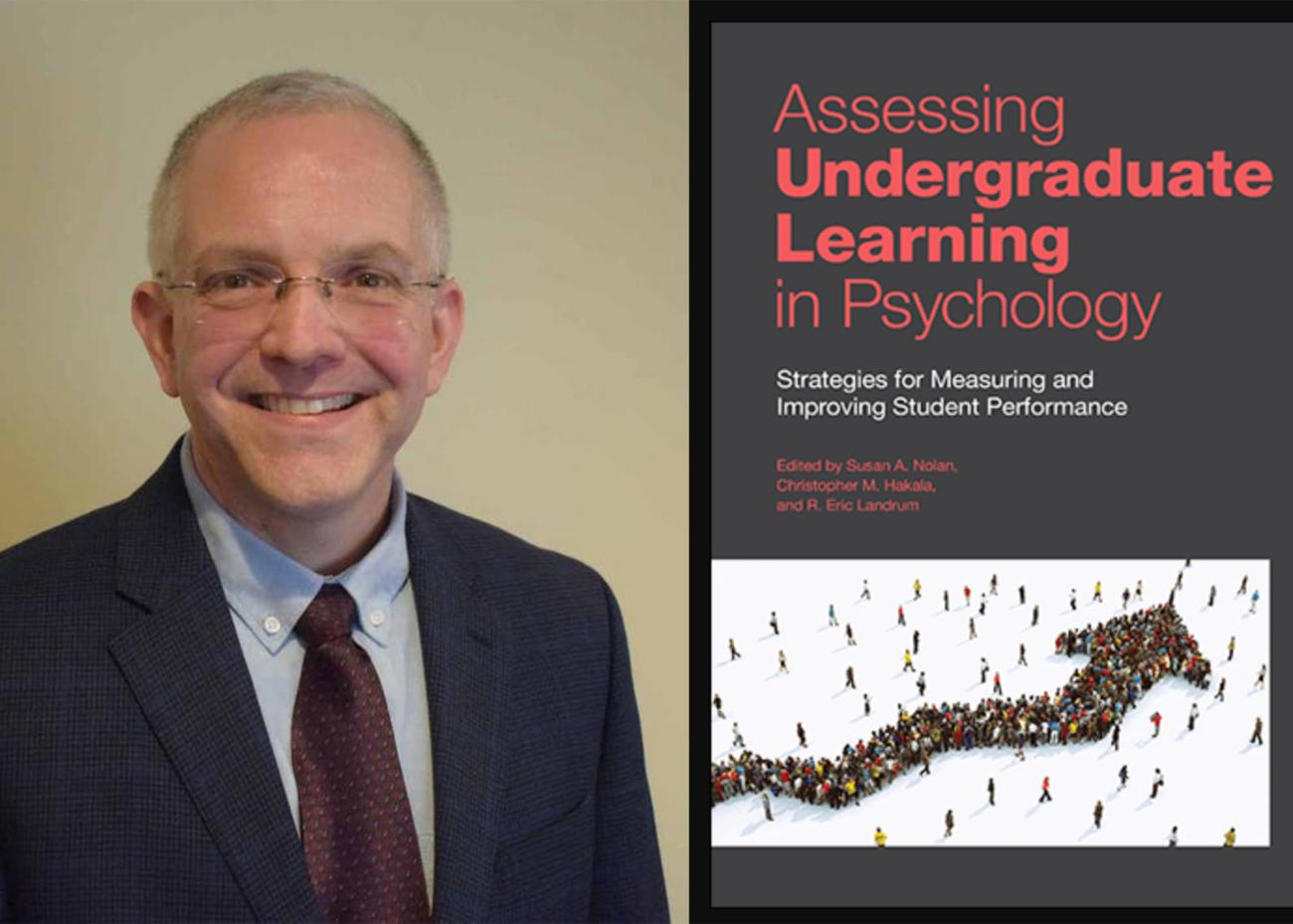Hakala Co-Author of Assessing Undergraduate Learning in Psychology: Strategies for Measuring and Improving Student Performance

Hakala and his co-authors show how to develop assessments that undergraduate psychology faculty and administrators can use when designing pedagogies, courses, and curricula around student learning goals, including those identified by APA’s Guidelines for the Undergraduate Psychology Major.
Chris Hakala has over 20 years’ experience as a professor and Center Director in higher education institutions. Over the years, his research has focused on reading comprehension, teaching and learning, effective faculty development and assessment. In addition, Hakala has been invited to present at many conferences around the country as well as dozens of colleges and universities on topics ranging from reading narrative text to how to effectively manage large classes, or how to engage students in ways that maximize student learning. At Springfield, Hakala runs the Center for Excellence on Teaching, Learning and Scholarship and teaches courses in the psychology department.
In his most recent book, Assessing Undergraduate Learning in Psychology: Strategies for Measuring and Improving Student Performance, Hakala and his co-authors show how to develop assessments that undergraduate psychology faculty and administrators can use when designing pedagogies, courses, and curricula around student learning goals, including those identified by APA’s Guidelines for the Undergraduate Psychology Major.
The contributors are veteran educators who offer expert advice for addressing assessment‑driven pressures from individual and institutional stakeholders. They also discuss international pressures as education programs around the world become more interconnected, which requires global cooperation and harmonization.
Using illustrative case examples, the authors provide strategies for assessing students’ learning, developing institutional assessment plans, and building bridges across institutions and international borders.
In addition, they highlight the limitations of assessment, encouraging flexibility in determining what to assess and how to act on and communicate the resulting data. They encourage active, thoughtful engagement to improve student learning, and ensure that today’s students are ready to compete in the global economy.
